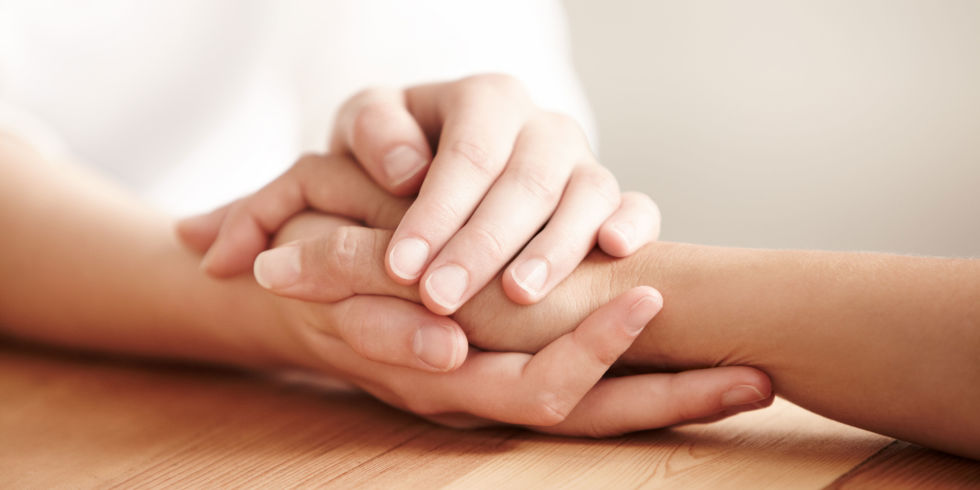 I read an article last week about a young woman, barely 18, who was accosted and raped as she walked to the beach near her house one night. She wrote about her journey to finding self-worth and peace after that traumatic incident. Her story, and all those like hers, strikes a chord with me. One of my areas of focus is trauma; I see many patients who are survivors of rape and sexual abuse. While their experiences are heartbreaking and difficult to work through, I am always amazed by the courage these people have to pick themselves up and get on the path of healing. This process of restoration takes time and requires support from family, friends, and loved ones. According to recent research, whether you know someone who has been a victim of rape or sexual abuse or not, it is likely you will come to know someone touched by sexual abuse, and so this article is for you.
I read an article last week about a young woman, barely 18, who was accosted and raped as she walked to the beach near her house one night. She wrote about her journey to finding self-worth and peace after that traumatic incident. Her story, and all those like hers, strikes a chord with me. One of my areas of focus is trauma; I see many patients who are survivors of rape and sexual abuse. While their experiences are heartbreaking and difficult to work through, I am always amazed by the courage these people have to pick themselves up and get on the path of healing. This process of restoration takes time and requires support from family, friends, and loved ones. According to recent research, whether you know someone who has been a victim of rape or sexual abuse or not, it is likely you will come to know someone touched by sexual abuse, and so this article is for you.
If you have a family or loved one that was sexually assaulted, you are a secondary survivor. Although what primary survivors go through is horrifyingly difficult, your job is also quite strenuous. You sit by, walk next to, and cry with the primary survivor–or the individual who suffered the abuse. You hear their story, comfort them, remind them they are not to blame, and support them to pick up the pieces of their seemingly-shattered lives. You play a fundamental role in their healing and progression!
Secondary survivors commonly feel helpless and incapable of being a support to those who suffered the trauma. They may wonder what to say, what to do, and what specific steps they can urge the primary survivor to take to recover. I fully understand that watching your friend or loved one suffer also causes you great pain. It is difficult to think clearly in this situation! I have five pieces of advice that I would like to share with you secondary survivors:
1) Know that you are capable of helping your loved one through this incredibly difficult trauma. They need you–your love and your support. Your mere presence will play a crucial part of the healing process!
2) Remember that they need your compassionate and validating responses. This can make a real difference for primary survivors–especially as they may suffer feelings of guilt or shame for something that was not necessarily their fault or choice.
3) Remind yourself that it is okay to not have all the answers. You may not know the perfect things to say, and that is 100% okay. Remember #1, they need you. They need your empathy and to know they are not alone. Just because you may not have all the answers, please don’t avoid your loved one during this shared painful time.
4) Use your resources. There are a plethora of resources online and in libraries for both you and the primary survivor. This page contains a list of helpful reads tailored especially for survivors of rape and sexual abuse.
5) Get help. I am trained to assist survivors of rape and sexual abuse in the healing process. I have completed years of school and specialized training in order to be educated and qualified enough to do so. I know how to guide your brave loved one along the path of recovery. Feel free to contact me with any questions you may have, or click here to schedule your first appointment.
Resources:
Pandora’s Project: “Resources”
Pandora’s Project: “For Friends, Family & Partners of Rape & Sexual Abuse Survivors”

